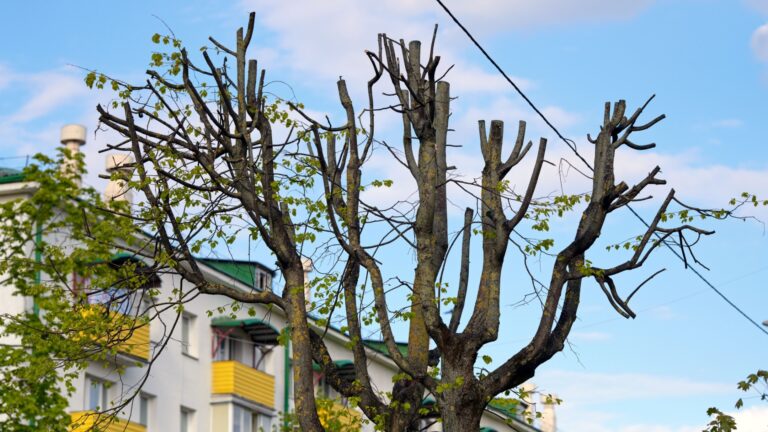10 Yard Features At Risk Of Being Banned In New Hampshire

New Hampshire’s yard guidelines are shifting, and some favorites may not be allowed much longer. I’ve already seen a few homeowners rethink new additions.
Knowing what’s on the radar makes home projects less stressful. It’s smart to stay ahead before the rulebook changes again.
1. Tall Wooden Fences
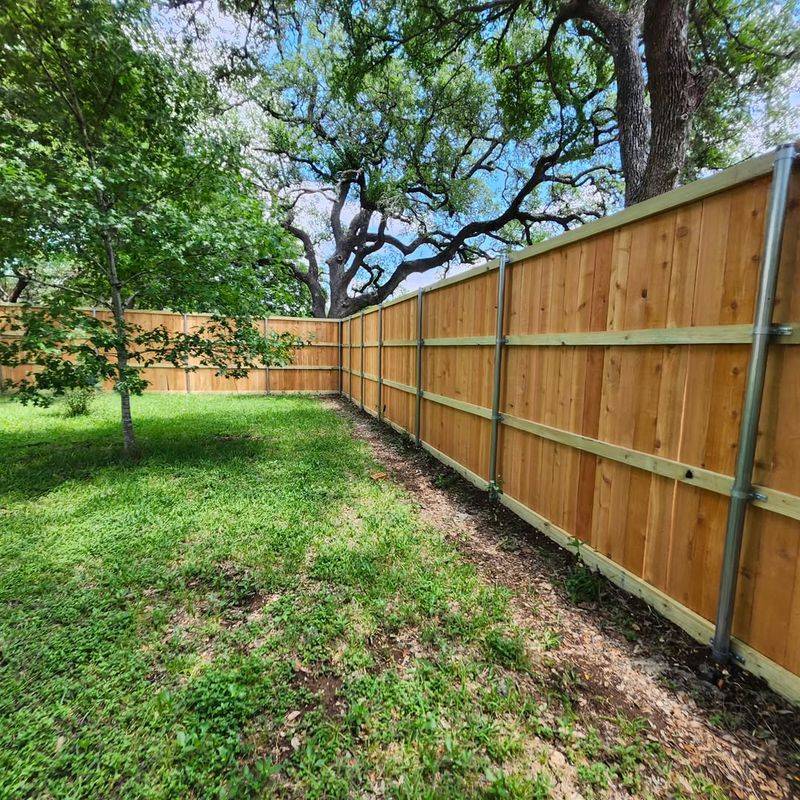
Many neighborhoods in New Hampshire are reconsidering height limits for wooden fences. Privacy might feel important, but some communities worry tall barriers block scenic views and create isolated spaces.
Local councils have been debating whether fences over six feet should require special permits or be banned altogether. Homeowners love their privacy, yet officials argue that excessive heights can reduce property values for neighbors.
Before building that dream fence, check your town’s current regulations to avoid costly mistakes.
2. Artificial Turf Lawns
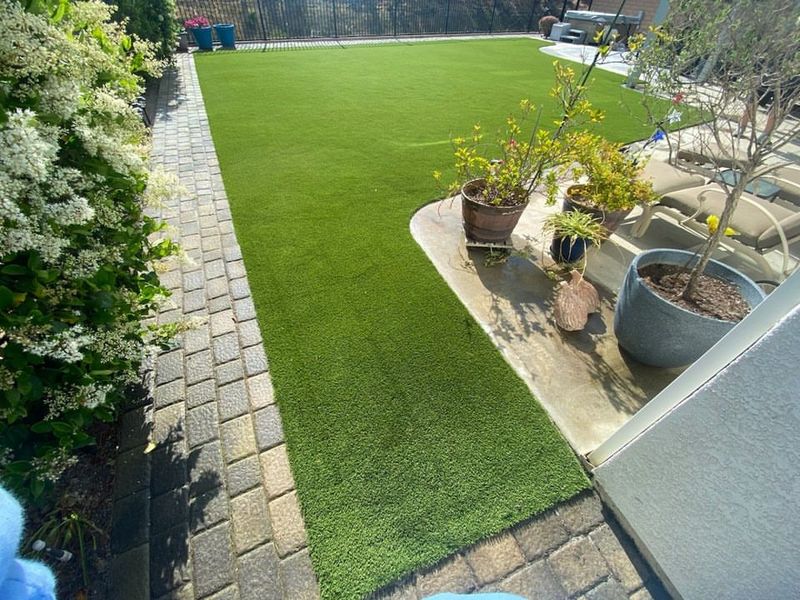
Fake grass might seem like a low-maintenance dream, but environmental concerns are growing across New Hampshire. Critics point out that synthetic materials don’t support local wildlife or absorb rainwater like natural grass does.
Some towns are considering restrictions because artificial turf can contribute to heat islands and doesn’t break down naturally. While it saves time on mowing, the environmental trade-offs have sparked heated community debates.
If you’re thinking about switching, research your town’s stance first.
3. Backyard Chicken Coops
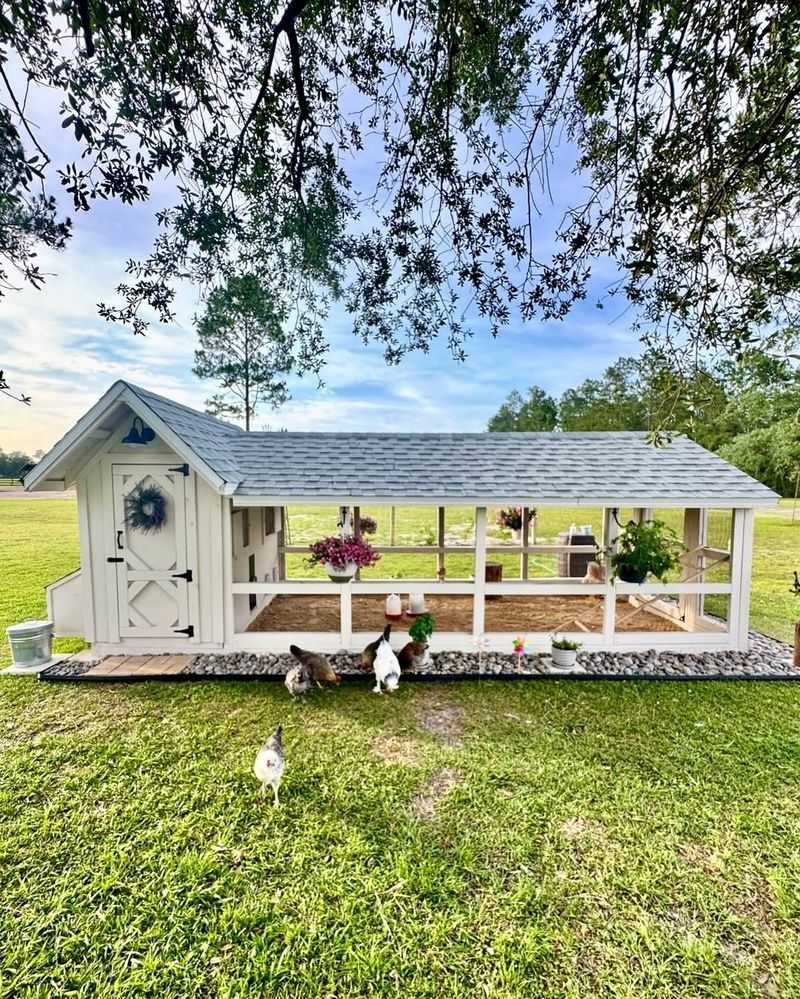
Fresh eggs sound amazing, but not everyone in New Hampshire is thrilled about neighbors raising chickens. Noise complaints and concerns about attracting predators have led some communities to reconsider allowing coops.
Regulations vary widely, with some towns limiting the number of birds or requiring minimum lot sizes. Health departments also worry about proper waste management and disease control in residential areas.
Check local ordinances before investing in a flock, as rules can change quickly based on community feedback.
4. Decorative Yard Statues

Garden gnomes and quirky sculptures add personality, but some New Hampshire towns are cracking down on what they consider visual clutter. Homeowner associations particularly have strict guidelines about lawn decorations that might seem too flashy or numerous.
Officials argue that excessive ornamentation can lower neighborhood appeal and property values. What one person sees as charming, another might view as tacky or distracting.
Before filling your yard with statues, review community standards to ensure your decorations won’t cause problems.
5. Fire Pits and Outdoor Fireplaces

Gathering around a crackling fire creates wonderful memories, yet safety concerns are prompting stricter regulations in New Hampshire. Dry conditions and wildfire risks have made officials nervous about open flames in residential areas.
Many towns now require permits for permanent fire features, while others are considering outright bans during certain seasons. Smoke complaints from neighbors also factor into these decisions, especially in densely populated neighborhoods.
Always verify current fire safety rules before lighting up your backyard gathering spot.
6. Vegetable Gardens in Front Yards
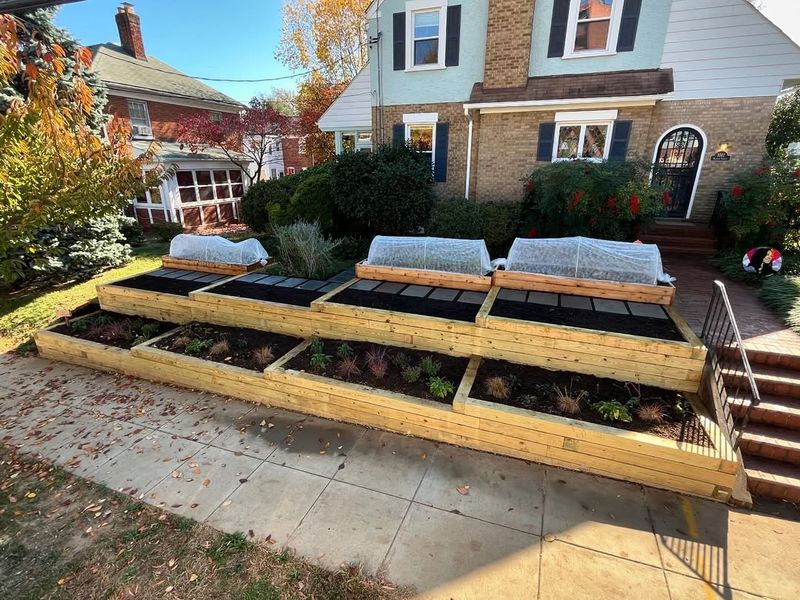
Growing your own food makes sense economically and environmentally, yet front yard gardens remain controversial in New Hampshire. Some towns prefer traditional landscaping with flowers and shrubs rather than rows of tomatoes and squash visible from the street.
Ordinances sometimes require edible plants to stay in backyards where neighbors won’t see them. Critics of these rules argue that food production should be encouraged, not hidden away.
Before tilling up your front lawn, confirm whether your municipality allows visible vegetable plots.
7. Recreational Vehicles and Boats

Storing your camper or boat at home seems practical, but New Hampshire neighborhoods increasingly restrict visible recreational vehicles. Complaints about blocking views and creating eyesores have driven many communities to establish parking limitations.
Some areas only allow RVs and boats for brief periods or require them to be hidden behind fences. Others ban them from driveways entirely, forcing owners to rent storage facilities.
Understand your town’s parking rules before bringing home that new adventure vehicle to avoid fines or forced removal.
8. Solar Panel Ground Installations

Renewable energy sounds like a no-brainer, but ground-mounted solar arrays face opposition in some New Hampshire towns. Concerns about reflective glare, property value impacts, and aesthetic disruption have sparked regulatory discussions.
While rooftop panels generally face fewer restrictions, yard installations can be more visible to neighbors. Some communities require screening or limit the size and placement of ground systems.
Before investing in solar equipment, verify local zoning laws to ensure your green energy plans won’t hit regulatory roadblocks.
9. Trampolines in Yards
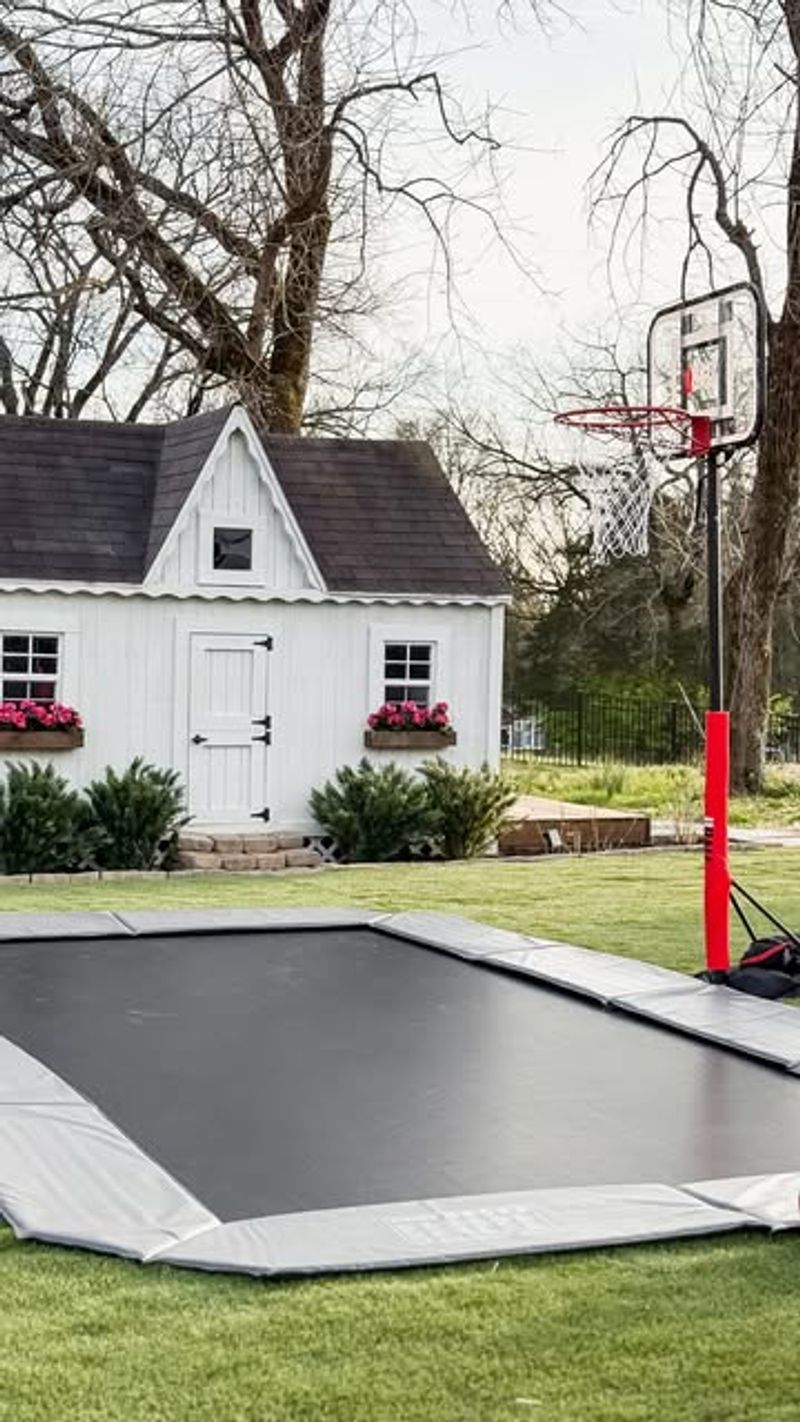
Kids love bouncing for hours, but trampolines have become liability concerns for New Hampshire municipalities. Insurance companies often raise rates for properties with these popular play structures, and towns worry about injury-related lawsuits.
Some homeowner associations have banned them outright, while others require safety nets and specific placement away from property lines. The debate balances childhood fun against potential medical emergencies and legal complications.
Check both insurance policies and local rules before surprising your family with a backyard trampoline purchase.
10. Basketball Hoops Near Streets

Shooting hoops in the driveway is an American tradition, yet portable basketball goals are causing friction in New Hampshire neighborhoods. Drivers complain about kids playing in streets, and some residents dislike the constant noise from bouncing balls.
Certain towns now prohibit hoops on public right-of-ways or require them to be moved away from streets when not in use. Safety concerns and traffic flow issues drive these regulations.
Position your basketball setup carefully and respect quiet hours to maintain good relationships with neighbors.




